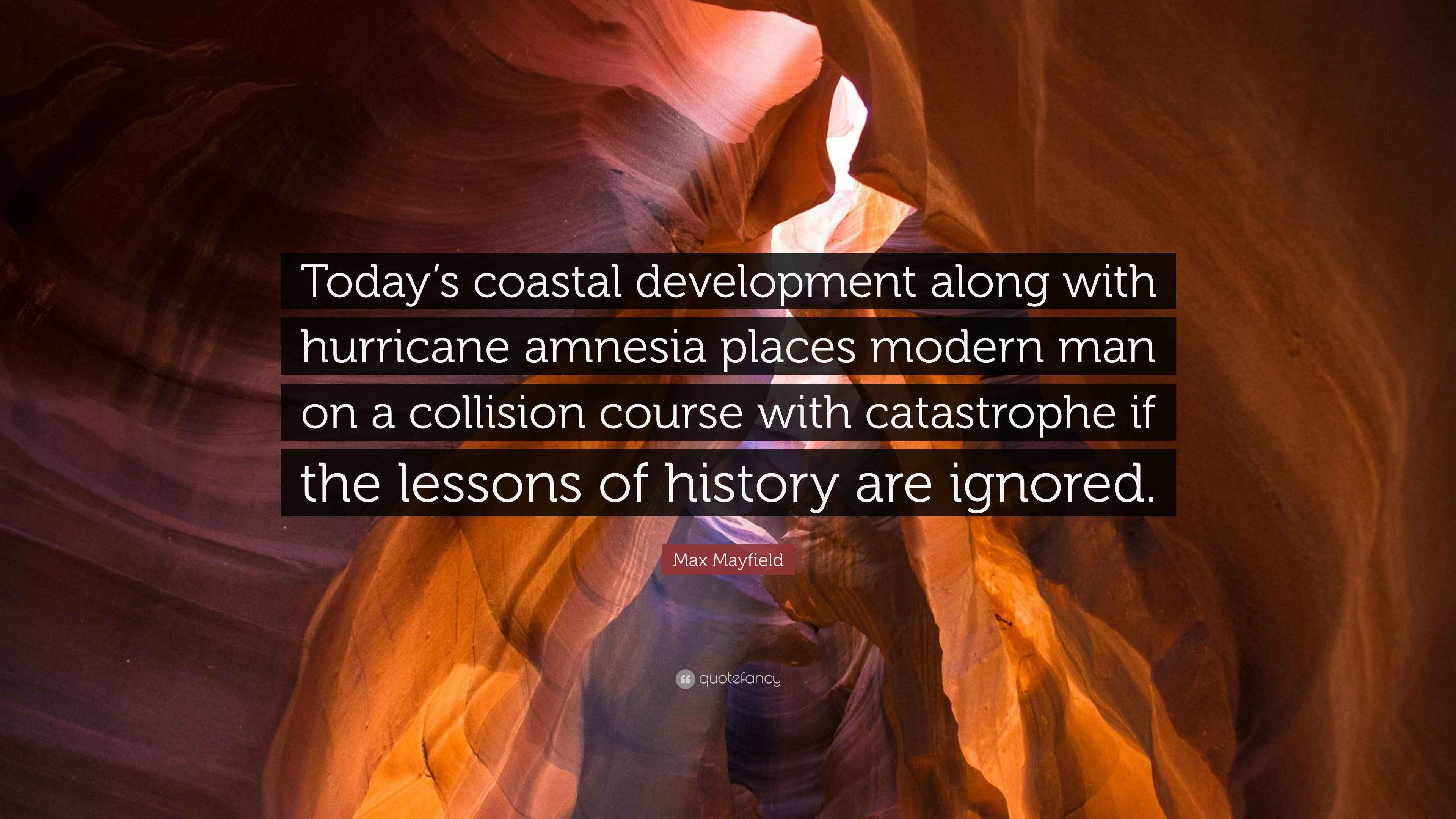

What do they remember instead? Is there a necessary act of remembrance underpinned to the human condition? Or are we just upgrading the system? What seems appropriate in capitalist societies is the periodic process that allows the system to perpetuate itself without interference of individuals, the State or history. My interest here is in the decision-making-or lack of it-of a person who chooses not to remember violence and war. Maybe she is choosing not to be concerned, not to care, not to remember Vichy, Thatcher or Reagan. A person living in France, England or the United States ought to be able to see how majoritarian political decisions favouring leaders like Donald Trump or Marine Le Pen are harming the very fabric of human rights and corrupting the societies that fought hard to make them mainstream. This is a trap: just because one has not experienced the curtailment of one’s political liberties that does not mean we cannot expand our understanding of that which is harming society. If we take the analogy one step further, this same person would not likely be equipped to recognize the first signs of authoritarianism in her own political context. But no, she has never seen it in the flesh, she ignores the taste of uncertainty, the tension of a police state and she does not know what it means to not be able to travel freely out of her country. She might have heard in the news that in North Korea Kim Jong Un rules by fear, restricting people’s freedoms and their capacity to dissent from his own ideas – or his father and grandfather’s. Let’s say someone has never experienced authoritarianism in her everyday life. These affirmations are powerful and charge political discourse with timeless challenges. unheard of, never experienced, documented, seen before. I will illustrate my ideas with examples on how people own, know and enact politics and resistance from the arts and the feminist movement. I intend to address some of them with the intention of outlining why resistance and disruption in politics are needed more now than ever. Part of the quandary is that amnesia and anamnesis are solutions to competing agendas the former works toward unanimity by erasing all evidence of conflict (hence its related term, amnesty ), and the latter strives for truth and reconciliation by exposing areas of dispute.ĭuring the Wende, the transitional period between the collapse of the GDR in 1989 and the beginning of a unified FRG in 1990, the task of forgetting was not undertaken equally by the former East and former West.What do we mean when we say ‘this is new’? Do we really believe something has never been done before? Is something new something we do not remember doing? Does not remembering mean we ignore it or that we have chosen to exclude it from our narratives? The implications of statements like these in the contemporary political context are unsettling and worth exploring. If social accord requires the mindful elimination of past conflict, what happens to the principles of justice, responsibility, and Wiedergutmachung, the straightforward German word for reparations that literally means making things good again? Can a nation afford to forget past crimes and wrongs, and won’t they simply return in symbolic forms and in very concrete disputes that demand attention? Nation building, like writing history, requires equal parts of remembering and forgetting, but acknowledging this truism does little to solve the inherent problems of dealing with a collective past. At stake is not merely what should be forgotten, but who chooses, and what criteria the past will be judged by. Such a simple agenda, however, is fraught with difficulties. Such willful amnesia allows rival groups to establish a clean slate from which to build a common future. Forgetting past transgressions constitutes a logical step for bringing former adversaries together. Nineteenth-Century French Philosopher Ernest Renan suggested that the violence and traumatic events upon which nations are formed must be forgotten if unity is ever to take hold among competing factions that make up the whole. Indeed, historical enquiry brings to light deeds of violence which took place at the origin of all political formations, even of those whose consequences have been altogether beneficial. Forgetting, I would even go so far as to say historical error, is a crucial factor in the creation of a nation, which is why progress in historical studies often constitutes a danger for nationality.


 0 kommentar(er)
0 kommentar(er)
